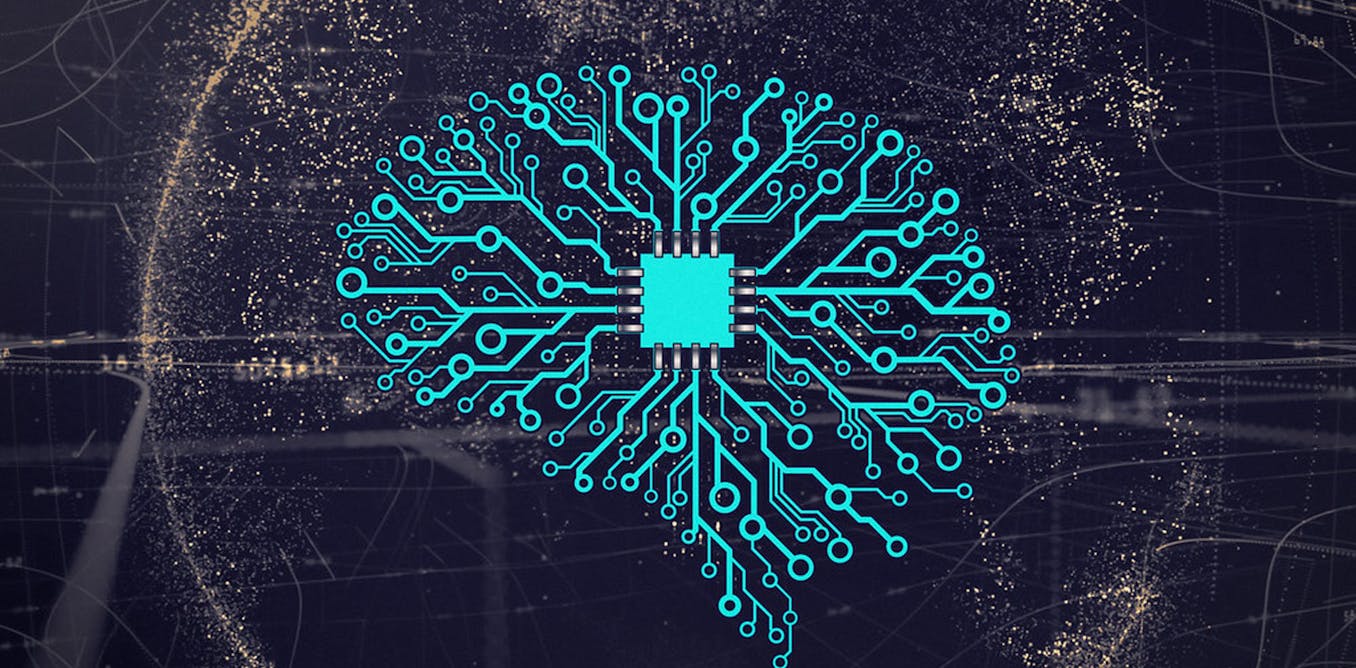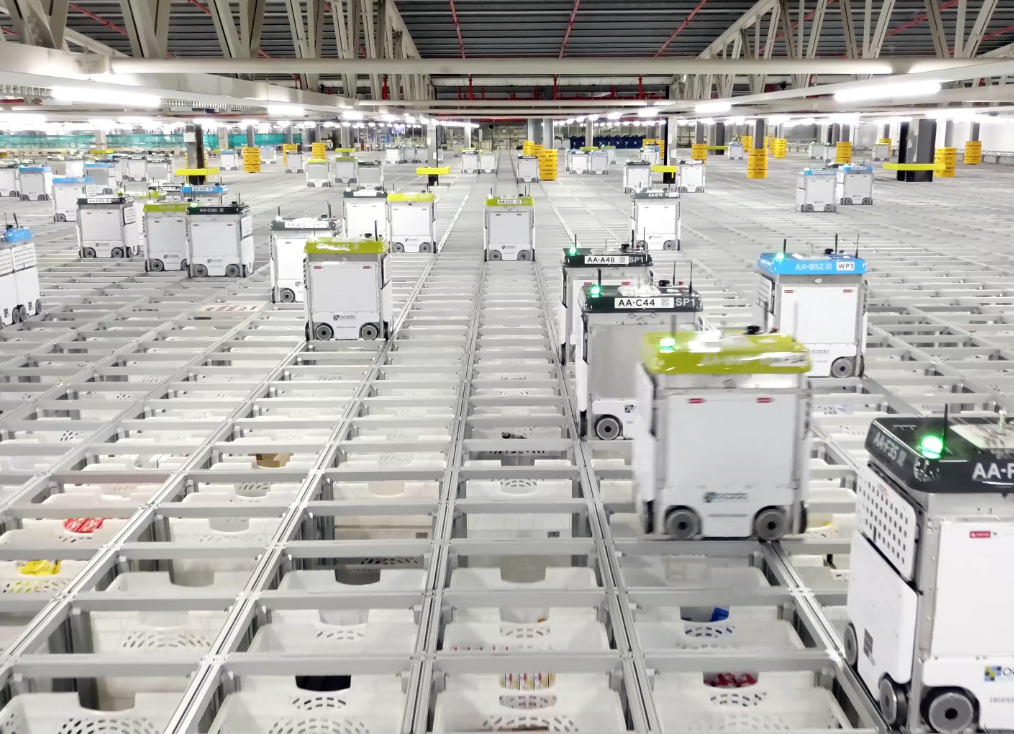Artificial intelligence is still in its infancy of its uses and potential, but it already has caused waves of concern in the public mind in recent years. Artificial intelligence is beginning to enter to more and more aspects of people's lives, through Amazon's Alexa, Siri, automated appliances, and the emergence of self-driving cars. As we see in the documentary, In the Age of AI, robots and artificial intelligence have become more of a staple in warehouse and manufacturing jobs across the country. But we are not alone in the rise of artificial intelligence as China is becoming more of an electronic superpower.
A major cause for the increase of automation is productivity speed and efficiency, leaving few job areas in the safe zone. Any job type that can find a way to maximize efficiency is vulnerable to automation, including transportation, finance, human resources, fast food, and manufacturing. Already, we are seeing an increase in robotics being used manufacturing jobs in America, taking away jobs from people in large numbers at a time, even though management claims this opens up more jobs in other areas, but the workers being laid off aren't finding other opportunities within those companies. Automation is being regarded as a "silent killer" as the job loss from it has been linked to disease, depression, and suicide up to 20 years after job loss, and it can also affect their children, as they are more likely to fall behind academically. Additionally, the jobs that are being taken over by automation often times more likely to be jobs completely by mainly women.
This type of workforce revolution is now being followed by a type of surveillance capitalism in which artificial intelligence claims private human experiences to better predict human behavior for free. Wherever you go online, you leave digital footprints for the A.I. and tech companies to use and store. Google, in its early years, was the first to implement a system for tailoring ads for individuals based on their searches and web history, and they were able to make their profits skyrocket, and keep it hidden from the public, until they decided to go public. Tech companies like Google do not always care for the individual outside of gathering their data, so those that do collect data on people will not always use it with the best intentions. In recent years there has been legislation to protect the individual, including the Right to know and the Right to say no. The former allowing an individual to ask a company for the data on that person from the last year, and receive it, and the latter allowing a person to stop a website or company from collecting data on them.
On the other side of the globe, China has been building a surveillance state for years along with artificial intelligence improvements. In China we have found they use A.I. as a way to survey for any signs of unrest, using more than 6 million cameras in the year this documentary was released, 2019. One of these programs is the Sharp Eyes program, which has cameras on every street corner to recognize faces and actions. It also gives out tickets through its use of facial recognition and license plate recognition. Another part of this surveillance initiative is to find the citizens they believe to be a risk of committing treason or terrorism and to give them a "political re-education". In China there is a region that is home to a number of Turkic Muslims, who have been the target of intense monitoring and unlawful imprisonment as a result of A.I. Their greatest ambition for surveillance is the Belt and Road initiative. An effort to extend Chinese control all over the world through financial support, for example funding a stadium, to different countries to increase their levels and potency of surveillance.




No comments:
Post a Comment